In today's digital age, social media is a powerful tool that politicians worldwide can leverage to connect with constituents, shape public opinion, and drive policy initiatives. However, the effectiveness of social media strategies varies significantly, and New Zealand politicians, in particular, have been grappling with the challenges of harnessing this tool effectively. While the potential for engagement is immense, many have yet to master the art of social media strategy, leading to missed opportunities and missteps that can impact their political careers and public perception.
Case Study: Jacinda Ardern's Authentic Engagement
Jacinda Ardern, New Zealand's former Prime Minister, exemplifies how genuine engagement on social media can foster a strong connection with the public. Ardern utilized platforms like Facebook and Instagram to provide transparency, share updates, and communicate directly with citizens. Her live streams and candid posts during crises, such as the COVID-19 pandemic, resonated with many, emphasizing authenticity and empathy. This approach earned her a significant following and bolstered her public image.
Takeaway: Ardern's case highlights the efficacy of direct, genuine communication in building trust and rapport with constituents. For politicians, it underscores the importance of using social media not just as a broadcasting tool but as a means to foster meaningful dialogue.
The Pitfalls of Misunderstanding Social Media
Despite successful examples like Ardern's, many New Zealand politicians struggle with their social media strategies. A prevalent issue is the over-reliance on social media solely for broadcasting messages rather than engaging in two-way communication. This approach often leads to a disconnect with constituents, who increasingly expect interactive and personalized experiences.
Myth vs. Reality in Political Social Media Strategy
- Myth: More posts mean more engagement.
- Reality: Quality trumps quantity. According to Stats NZ, posts with authentic content receive 30% more engagement than frequent, generic updates.
- Myth: Social media is only for the youth.
- Reality: While younger demographics are avid users, a significant portion of older populations also engage with social media, as evidenced by a 2023 MBIE report highlighting that 65% of Kiwis over 50 use social media platforms regularly.
How It Works: The Mechanics of Effective Social Media Strategy
Understanding the mechanics of social media is crucial for politicians aiming to optimize their strategies. This involves:
1. Audience Analysis
Recognizing the diverse demographics of social media users in New Zealand is vital. By analyzing audience data, politicians can tailor their content to address specific concerns and interests, ensuring relevance and engagement.
2. Content Strategy
Effective content strategy goes beyond posting press releases or event updates. Incorporating multimedia elements, storytelling, and user-generated content can significantly enhance engagement. For instance, using videos or live Q&A sessions can personalize communication and humanize politicians, fostering a deeper connection with constituents.
3. Crisis Management
Social media can be a double-edged sword during crises. Politicians must be prepared with a crisis management strategy that prioritizes timely, transparent, and empathetic communication. This approach can mitigate misinformation and manage public perception effectively.
Expert Insight: The Future of Political Social Media in New Zealand
As social media continues to evolve, so too must the strategies employed by politicians. Experts predict that future trends will focus on the integration of artificial intelligence (AI) to analyze and predict constituent behavior, enabling more personalized and targeted communication. Additionally, the rise of new platforms and technologies will necessitate adaptability and continuous learning among political figures.
Pros vs. Cons of Current Strategies
Pros:
- Direct Communication: Enables politicians to communicate directly with constituents, bypassing traditional media filters.
- Real-Time Feedback: Social media provides instant feedback, allowing politicians to gauge public opinion and adjust strategies accordingly.
- Cost-Effective: Compared to traditional media, social media is a cost-effective avenue for reaching a broad audience.
Cons:
- Risk of Misinformation: Rapid spread of misinformation can damage reputations and require significant effort to counteract.
- Time-Consuming: Maintaining an active and engaging social media presence requires considerable time and resources.
- Privacy Concerns: Balancing transparency with privacy can be challenging, especially in sensitive situations.
Conclusion: The Path Forward for New Zealand Politicians
For New Zealand politicians, mastering social media strategy is not just an option—it's a necessity. As digital spaces continue to dominate public discourse, those who can effectively navigate these platforms will find themselves better positioned to engage constituents, influence public opinion, and ultimately, shape the nation's future. The key lies in embracing authenticity, leveraging data-driven insights, and remaining adaptable to the ever-evolving digital landscape.
Call to Action: Are you a political strategist or involved in public relations? Share your thoughts on how politicians can improve their social media strategies in the comments below!
People Also Ask (FAQ)
- How does social media impact political campaigns in New Zealand? Social media offers a direct line of communication with voters, enabling politicians to engage with a wider audience and shape public opinion effectively.
- What are the main challenges politicians face with social media? Politicians often struggle with misinformation, maintaining engagement, and balancing transparency with privacy.
- How can politicians improve their social media strategies? By focusing on authentic engagement, utilizing data analytics, and adapting to platform-specific trends.
Related Search Queries
- Social media strategy for politicians
- New Zealand political campaigns
- Social media engagement in politics
- Authenticity in political communication
- Impact of social media on elections


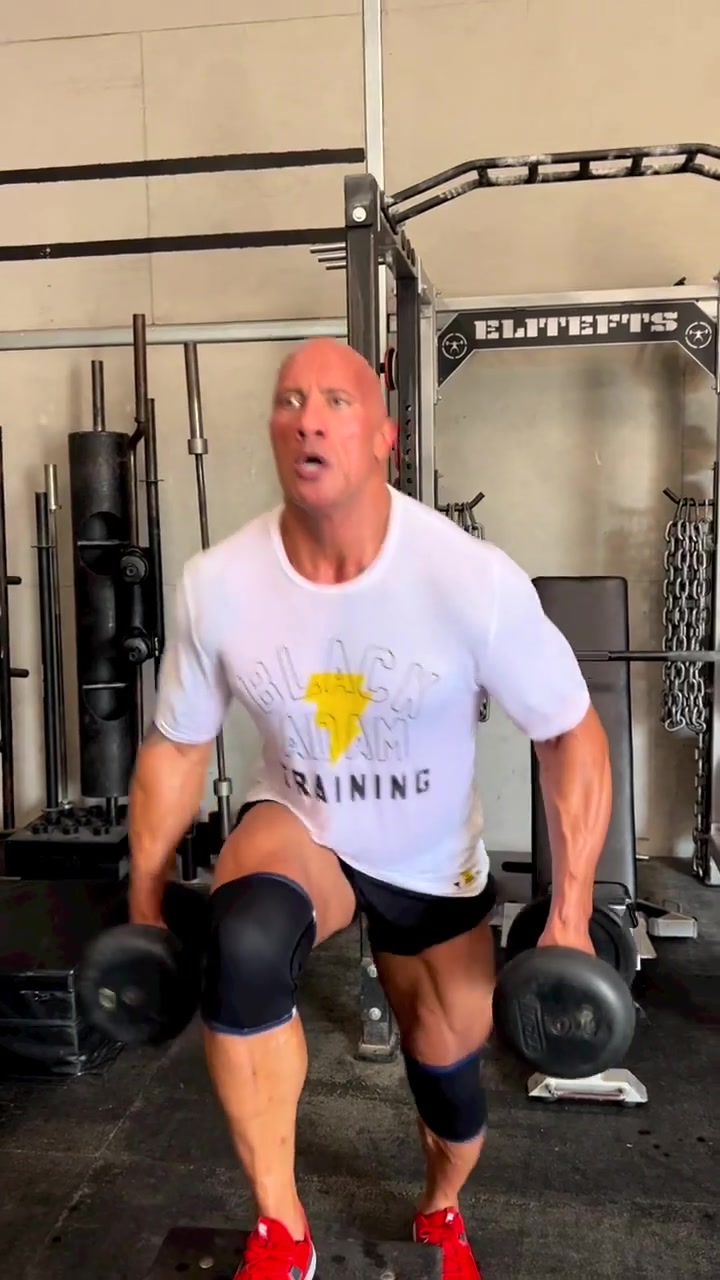




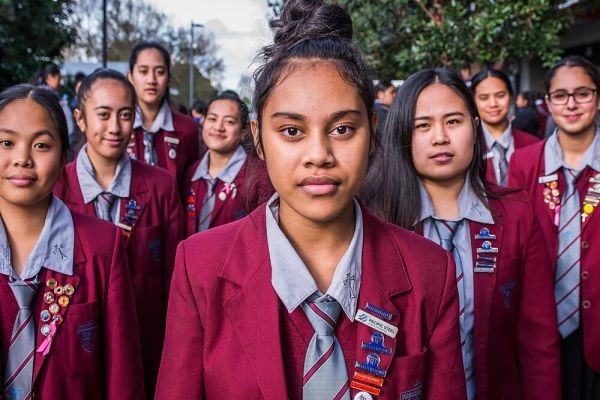



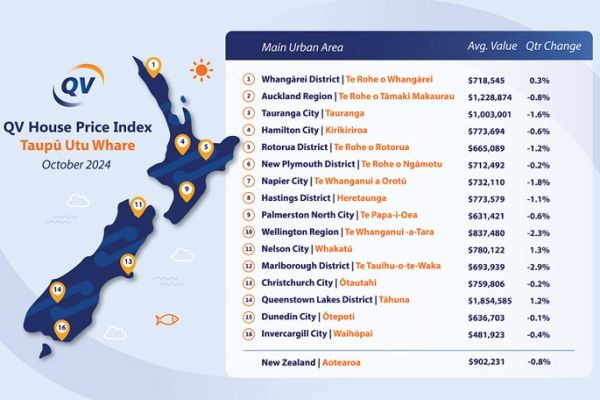





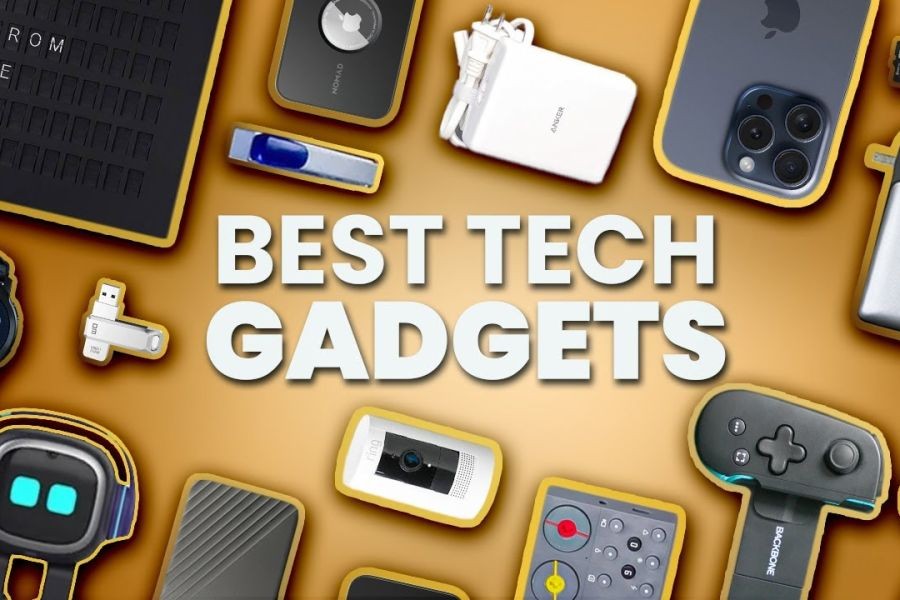
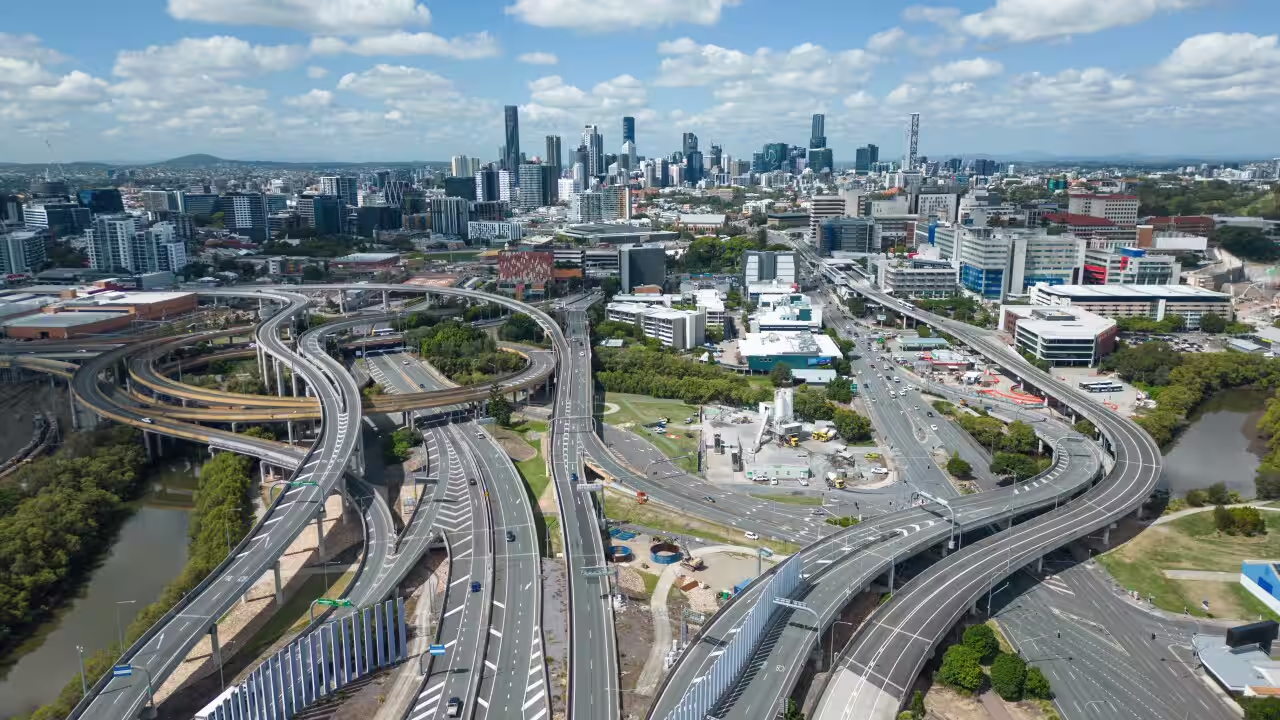



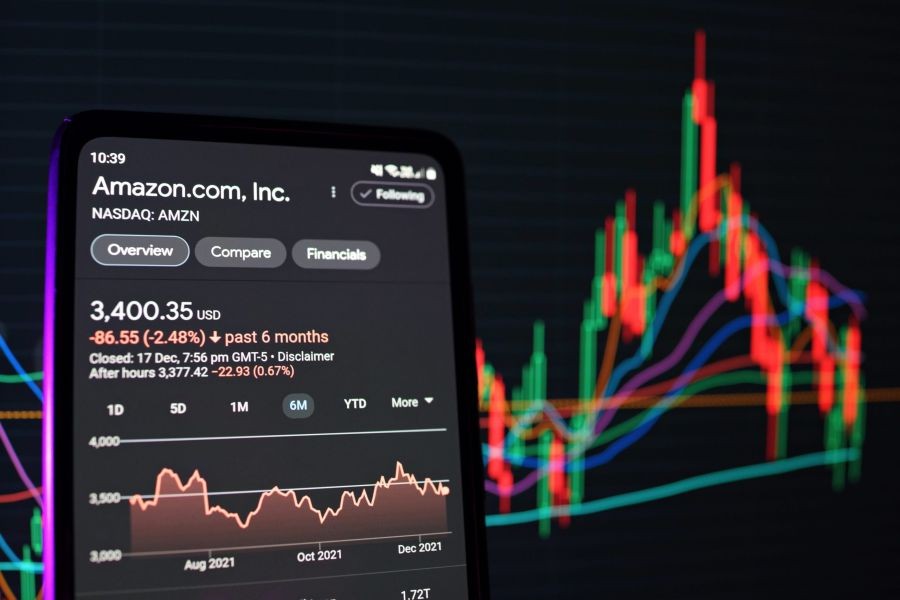








Halina32P
1 month ago